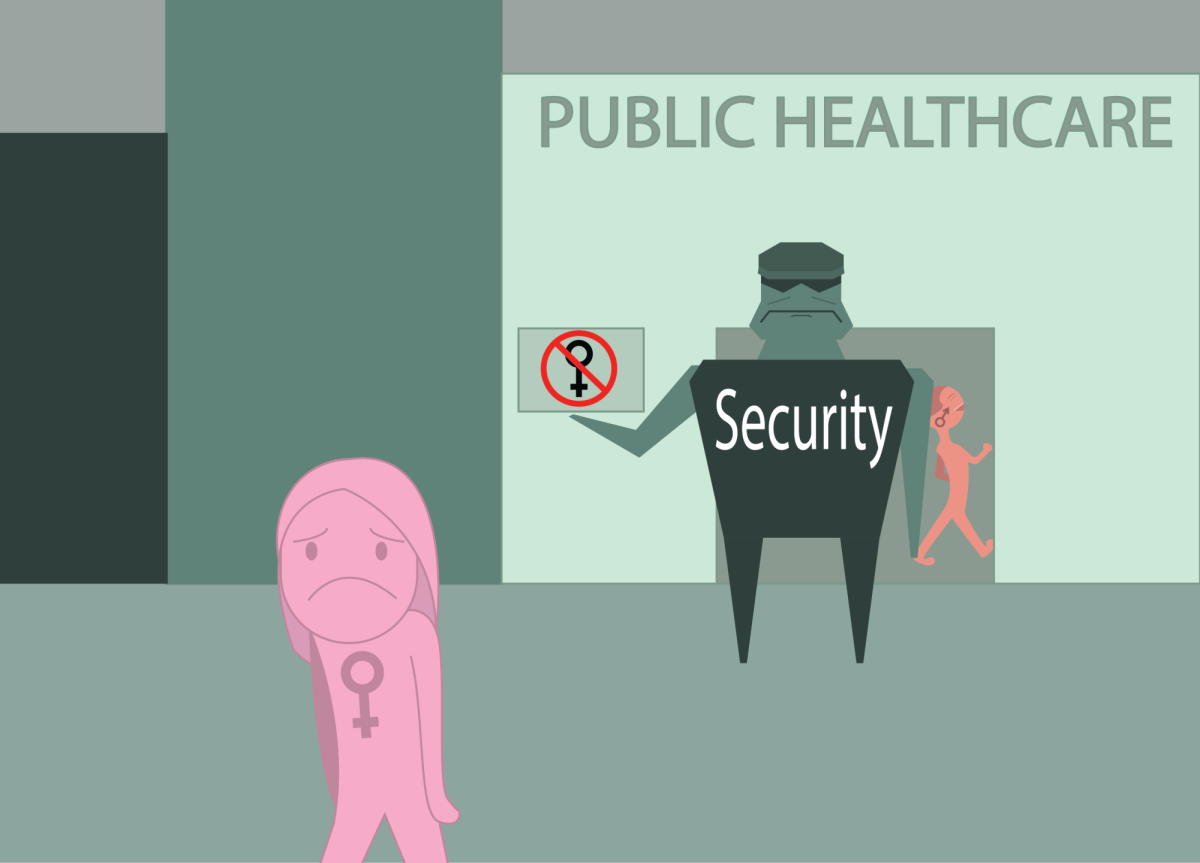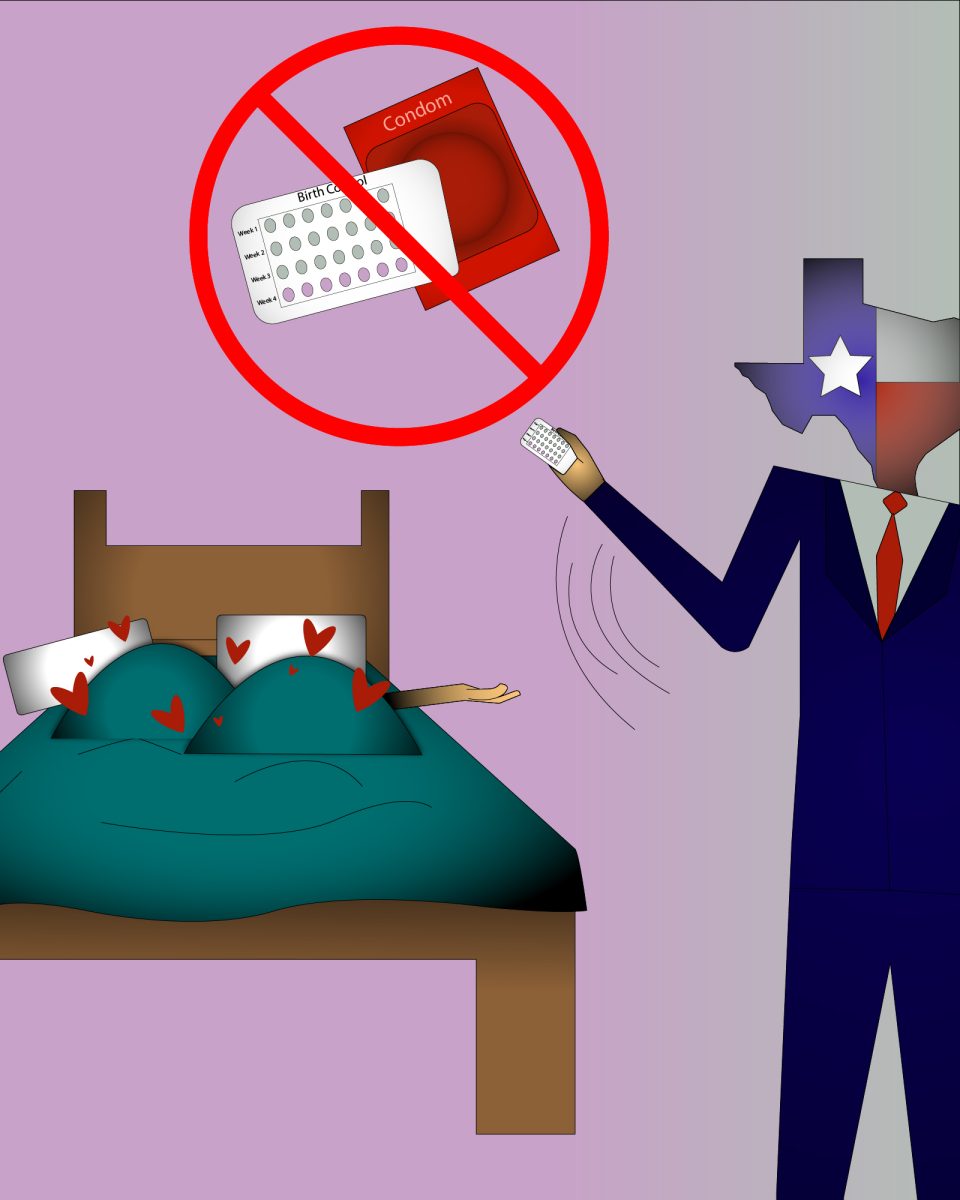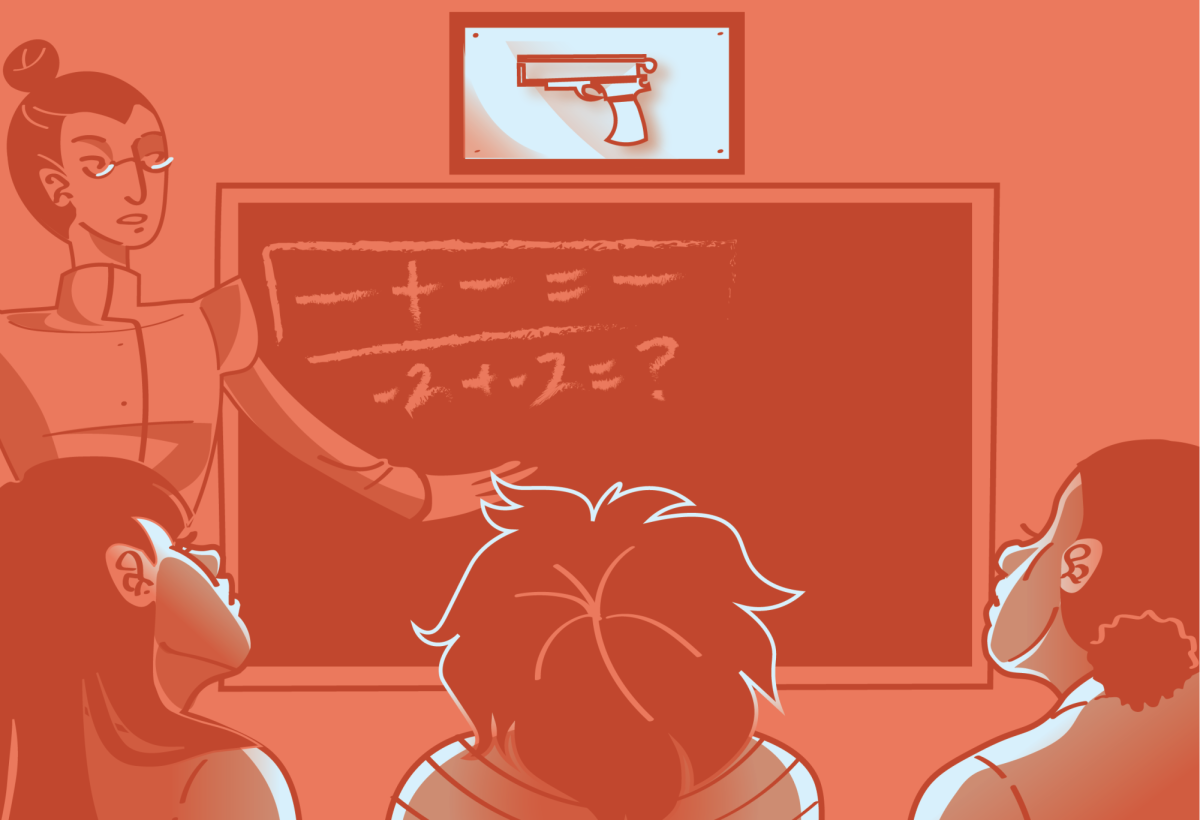The first instinct of many individuals who begin to experience abnormalities with their health is to schedule an appointment with their doctor. After visiting their physician, people often walk out of the doctor’s office with more peace of mind after receiving advice from a well-educated, credible medical professional. That said, for many women in the United States, their experience seeking medical care is quite the opposite.
According to the National Library of Medicine, the U.S. public healthcare system marginalizes women’s health and fails to take into account the unique risks and experiences of a diverse population of women including women of color and transgender people. The Dispatch Editorial Board believes this is a major problem, as disparities in women’s healthcare prevent women from receiving equal access to necessary services, and therefore takes a negative toll on their health and well-being.
As stated in an article by Boston University, Black women are two times more likely than white women to develop diabetes over the age of 55, or have blood pressure irregularities. Black women also face various obstacles such as a lack of health insurance and larger medical debt which often prevent them from accessing necessary health services.
Despite disproportionate medical challenges Black women face, including higher maternal mortality rates, and an increased risk of dying from heart disease at a younger age, Black women are largely excluded from clinical research which focuses predominantly on white males. Due to the systemic racism that persists in various American institutions (including the U.S. healthcare system) Black women are often treated with bias, and the challenges they face may not be taken into consideration by healthcare professionals.
In addition to systemic failures that contribute to this inequality, many healthcare professionals hold individual biases that detrimentally impact a woman’s ability to receive crucial medical care. For example, according to a study cited in a USA Today article, 8.15% of women seen by a female doctor died within 30 days of their visit compared to the 8.38% who passed under the care of a male doctor. While this difference in percentage may seem negligible, the closing of this gap has the potential to save 5,000 women’s lives per year. It is also important to note that this gap in percentage was only .08% for male patients.
The existence of this gap can be attributed to the fact that female doctors are often better at communicating and making shared decisions with patients. They are also more likely to take a patient’s concerns seriously and create a more comfortable and non-judgmental atmosphere for women patients.
Finally, discriminatory healthcare practices also detrimentally affect transgender women. According to the National Library of Medicine, trans women often face discrimination in medical care settings, sometimes causing them to postpone seeking treatment. Furthermore, recent governmental policies threaten to strip women of their right to bodily autonomy and ability to access lifesaving medical care including bills that restrict access to gender affirming care and the overturning of Roe v. Wade.
Although some individuals may argue that the issues surrounding women’s healthcare are too widespread to realistically resolve, it is imperative to start taking steps in the direction of addressing these disparities. Women are constantly belittled, and the unique obstacles that marginalized women face are not taken seriously in this sector, in some cases, costing women their lives.
There are a few actions that could be taken to begin improving the various obstacles women face when seeking medical care. Firstly, healthcare professionals should be required to complete trainings that combat implicit biases and provide education addressing how to prevent the consequences that arise from such prejudice. Additionally, medical students should be required to take certain classes centered around effective patient-provider communication and the topic of women’s healthcare disparities so they have the knowledge and skills necessary to combat this issue.
Women face numerous obstacles when seeking medical care, a human right, which can result in them not receiving crucial treatment. In a society that too often ignores the struggles of women, steps must be taken to address this issue so that women are not prevented from accessing basic necessities that allow them to live full and healthy lives.














